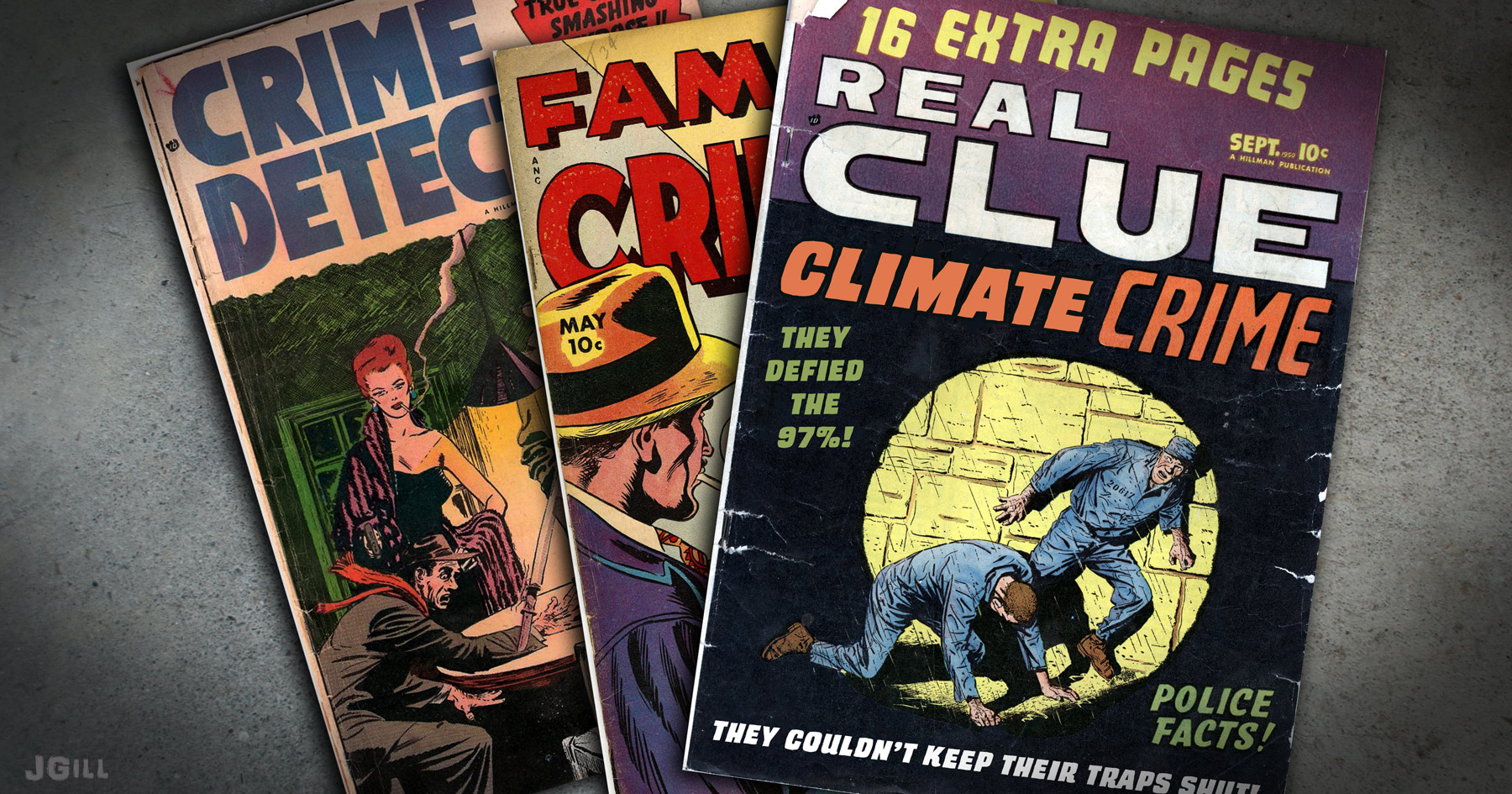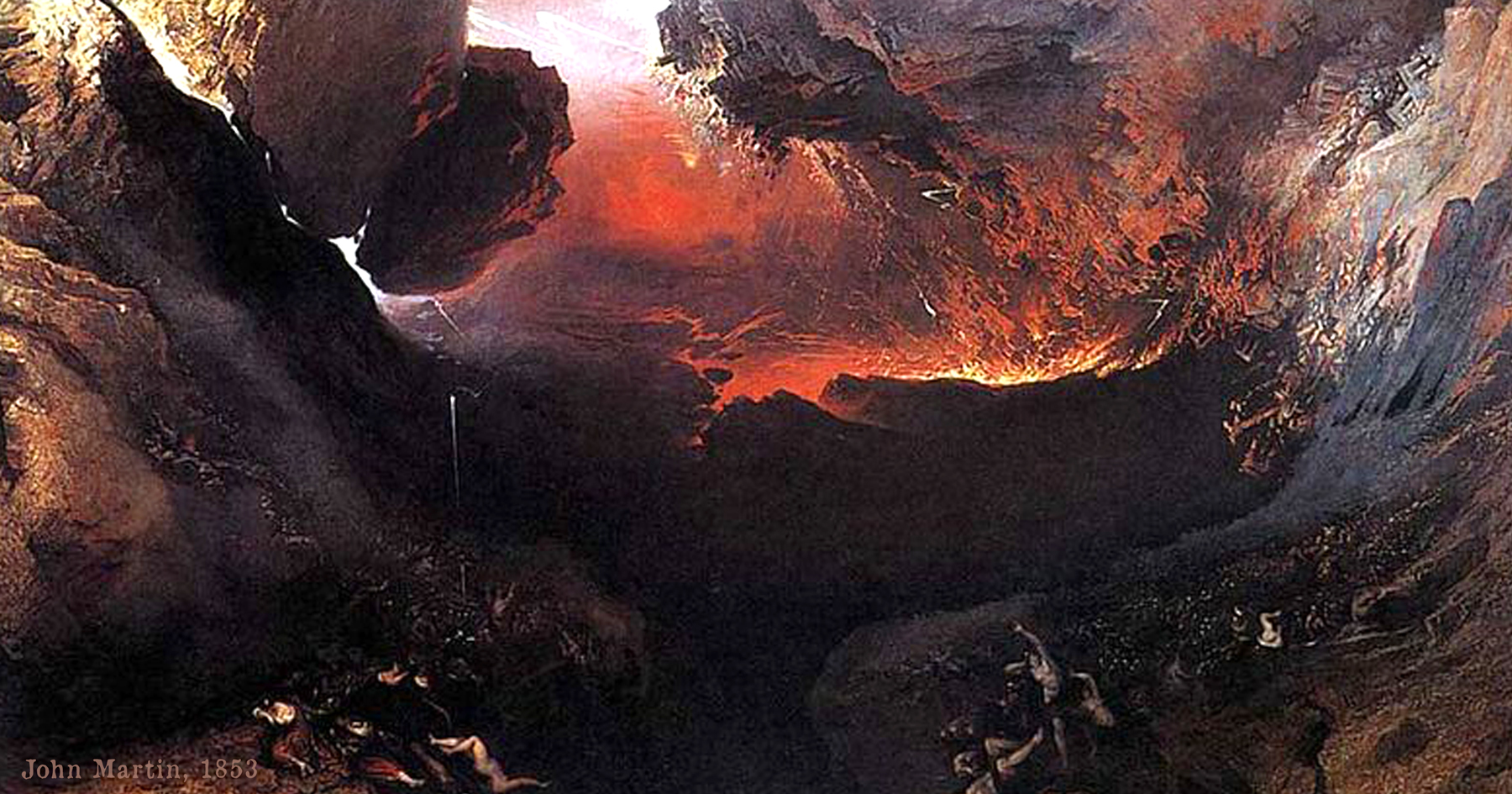“You have signed the death warrant for science,” scientist Peter Webster wrote to a colleague, recently.
The recipient of this charge had signed onto an entreaty to President Barack Obama, U.S. Attorney General Loretta Lynch, and White House Office of Science and Technology Policy Director John Holdren — along with 19 fellow climate scientists. They asked for an investigation into companies and organizations that publicly express doubt about predictions of impending catastrophic man-made global warming. Specifically, they urge the administration to pursue this line of assault using the oft-abused RICO statute, the Racketeer Influenced and Corrupt Organization Act.
Yes, the scientists are calling for harassment of dissenters and straight-out censorship.
Ronald Bailey, over at Reason, calls this a “new low in politicizing science.” Climatologist Judith Curry, who quoted Webster’s above judgment as an epigraph to her post on the subject, colorfully characterized her reaction: “When I first spotted this, I rolled my eyes — another day, more insane U.S. climate politics.”
The 20 alarmists, for their part, draw a parallel to the tobacco RICO investigations that were so influential a few decades ago. But that original case was badly decided. Moreover, RICO laws are themselves an affront.
The anthropogenic global warming catastrophists have previously undermined their case — lies, conspiracies to hide data, misleading use of computer models, and a relentless campaign to turn scientific inquiry into “settled science” will do that. But now, the grotesque spectacle of scientists demanding that the full weight and force of coercive government come down on their “opponents” completely destroys any remaining shred of credibility.
This is Common Sense. I’m Paul Jacob.








